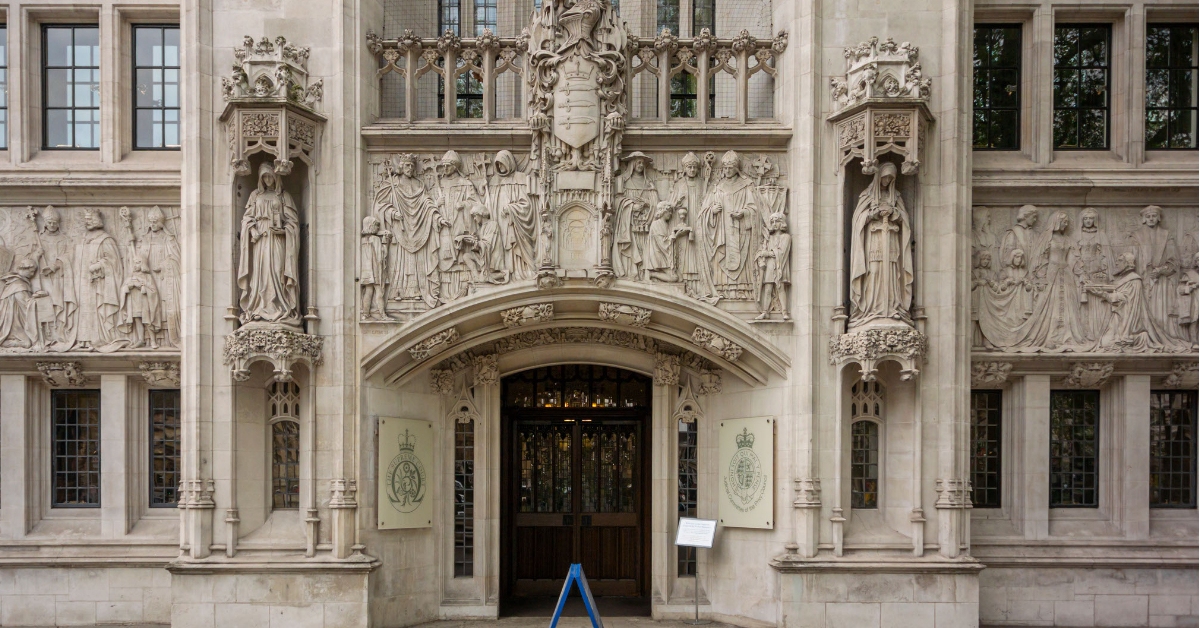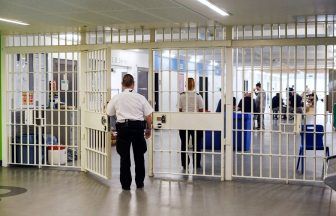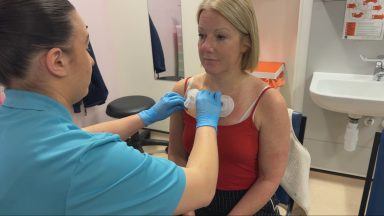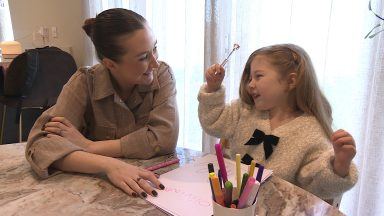The Supreme Court is set to rule on the legal definition of a woman next week.
The landmark ruling will determine whether or not somebody with a gender recognition certificate (GRC) can be legally recognised as a woman for the purposes of the Equality Act 2010.
It is the result of the latest in a series of challenges by the campaign group For Women Scotland over the definition of a woman in Scottish legislation, which mandates 50% female representation on public boards.
For Women Scotland says the word woman should only apply to people who are female from birth. The Scottish Government says that trans people with a GRC should also be included in the definition.
The UK Supreme Court’s ruling is expected to be published next Wednesday, April 16.
The challenge began with the Gender Representation on Public Boards (Scotland) Act 2018, which intended to increase the proportion of women on public boards in Scotland.
In 2022, For Women Scotland successfully challenged the original act over its inclusion of trans women in its definition of women.
The Court of Session in Edinburgh ruled that changing the definition of a woman in the act was unlawful as it dealt with matters falling outside the Scottish Parliament’s legal competence.
Following the challenge, the Scottish Government dropped the definition from the act and issued revised advice for public bodies on how to comply with the law.
The new guidance stated that under the 2018 Act the definition of a woman was the same as that set out in the Equality Act 2010 and that a person with a GRC recognising their gender as female had the sex of a woman.
For Women Scotland challenged this revised guidance on the grounds that sex under the Equality Act referred to its biological meaning and said the Government was overstepping its powers by effectively redefining the meaning of “woman”.
That challenge was rejected by the Court of Session’s Outer House on December 13, 2022. For Women Scotland appealed the decision and the Inner House upheld the rejection on November 1, 2023.
For Women Scotland has once again appealed the ruling, this time taking it all the way to the UK Supreme Court in London.
When the group’s legal argument was published ahead of the appeal in November, For Women Scotland director Trina Budge said the ramifications of the case were “far-reaching” and she believes “all sex-based rights protected by the Equality Act are at risk”.
“Not tying the definition of sex to its ordinary meaning means that public boards could conceivably comprise of 50% men, and 50% men with certificates, yet still lawfully meet the targets for female representation,” Ms Budge previously said.
“The stakes are high and the court’s decision will have consequences for everyday single-sex services such as toilets and hospital wards.”
She said the case will determine whether a pregnant woman with a GRC is entitled to maternity leave, what it means to be same-sex attracted, and whether someone with a GRC is entitled to join same-sex groups.
“Trans rights are protected under the separate category of gender reassignment but to fully guarantee women’s rights it is increasingly clear that a consistent, biological and factual understanding of sex is the only workable solution,” Ms Budge previously said.
Five judges heard two days of argument in November, and they will reconvene to hand down the judgement next Wednesday.
The court’s president, Lord Reed, will read a summary of what they have decided at around 9.45am.
Follow STV News on WhatsApp
Scan the QR code on your mobile device for all the latest news from around the country


 iStock
iStock


























